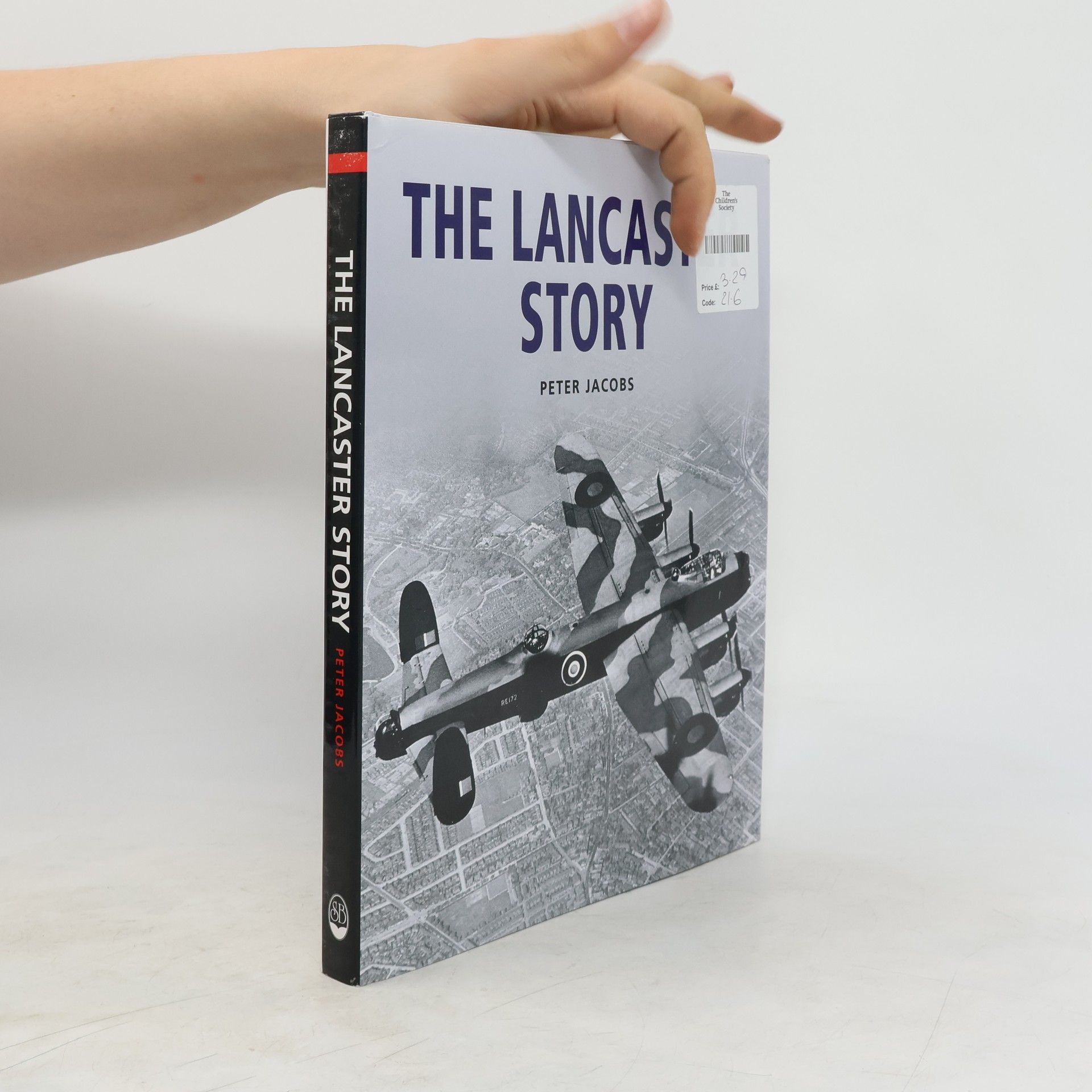De avonturen van de thuiskok
- 136bladzijden
- 5 uur lezen
Dertig culinaire columns, eerder verschenen in de Belgische krant De Standaard, met recepten.






Dertig culinaire columns, eerder verschenen in de Belgische krant De Standaard, met recepten.
Dramatic accounts of clandestine missions deep behind enemy lines.
2003 Silverdale large hardcover fine condition book in fine dw In stock shipped from our UK warehouse
The book explores the significant role of Bomber Command's night offensive in Britain's contribution to the Allied forces during World War II. Spanning nearly six years, this campaign targeted Nazi Germany and showcases the strategic importance of aerial warfare in shaping the conflict's outcome. Through detailed accounts, it highlights the challenges faced by the crews and the impact of their missions on both the war effort and the broader historical narrative.
The dramatic story of the Newton brothers, SOE agents in Nazi-occupied France during the Second World War
The dramatic story of the Newton brothers, SOE agents in Nazi-occupied France during the Second World War
Ein dramatisches Leben in vier deutschen Epochen Peter Jacobs rekonstruiert die Vita des Dresdner Professors, dessen Tagebücher über den Alltag der Judenverfolgung zur literarischen Sensation wurden. Er erzählt von dem Aufstiegsversuch ins wilhelminische Bürgertum, der bitteren Erfahrung des Antisemitismus in der Weimarer Republik, der drohenden Vernichtung in Nazi-Deutschland und schließlich von den letzten Lebensjahren, die von Ehrungen begleitet und von neuen Zweifeln zerrissen wurden. „Klemperers Leben war eine Odyssee durchs Jahrhundert.“ Der Spiegel
Avant l'ouverture de l'autoroute A6 à la fin des années 1960, les vacanciers descendaient tous la Nationale 7 pour rejoindre la Côte d'Azur, que ce soit en modeste 2CV, en confortable DS ou en voiture de sport. On a chanté cette route des vacances mondialement connue, de grands chefs étoilés y ont établi leurs restaurants, des stars du cinéma ou du showbiz y ont péri en ratant leurs virages... Deux journalistes flamands, Peter Jacobs et Erwin De Decker, portent un regard décalé et malicieux sur ce périple de toujours. Dans ce guide, ils proposent une flânerie le long de la N7, délaissant une autoroute du soleil surchargée et chère pour cette route bordée de platanes sur des kilomètres et qui traverse de superbes régions : le Bassin parisien jusqu'à Fontainebleau, les bords de Loire, la Bourgogne secrète, Lyon et les rivages du Rhône, la Provence, la Côte d'Azur. Ils prennent leur temps, s'arrêtent souvent, profitent des bonnes tables et du bon vin, des cités d'art, de la nature. Et nous livrent leurs réflexions, leurs. anecdotes, leurs meilleurs détours, leurs bonnes adresses.